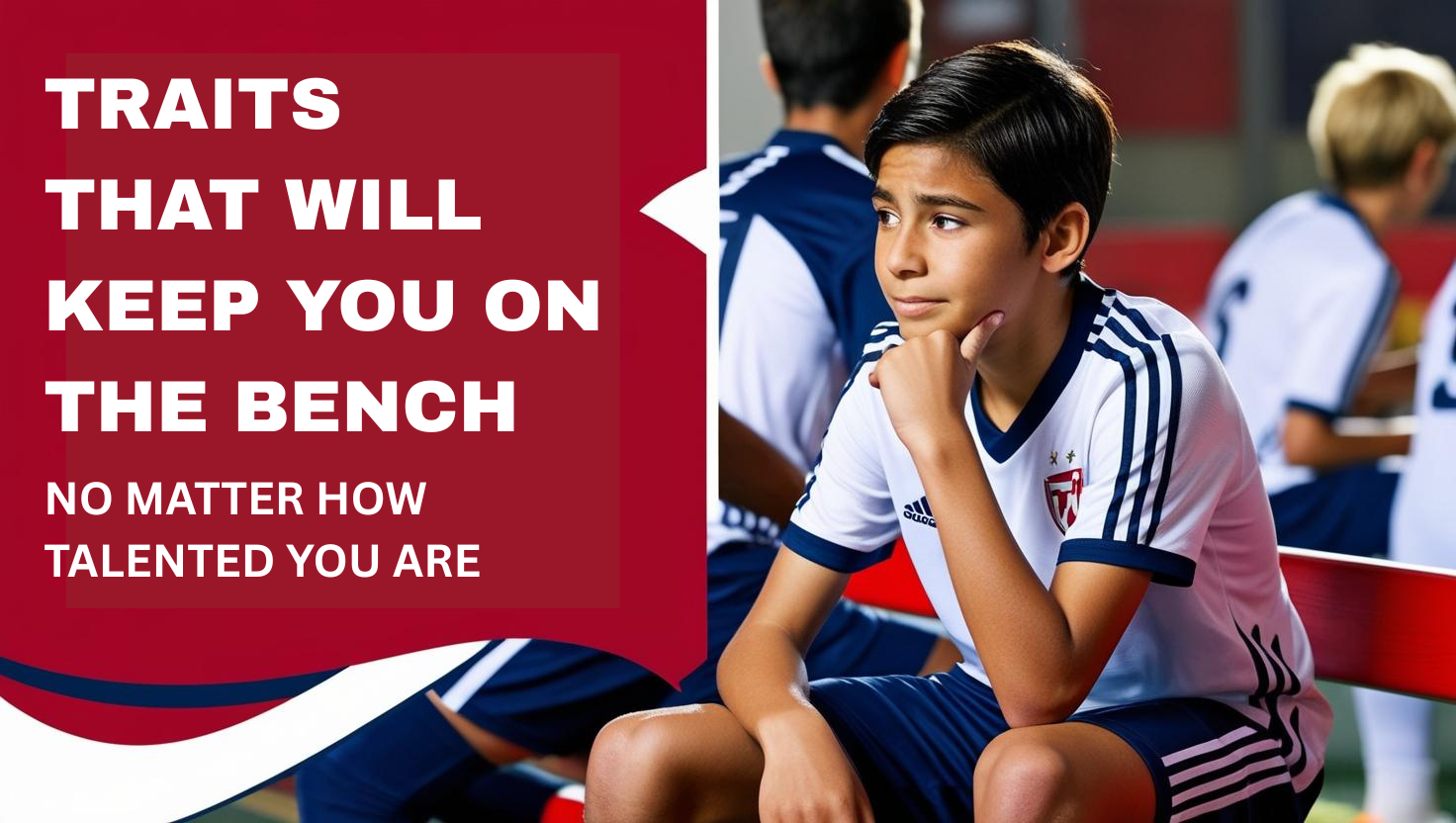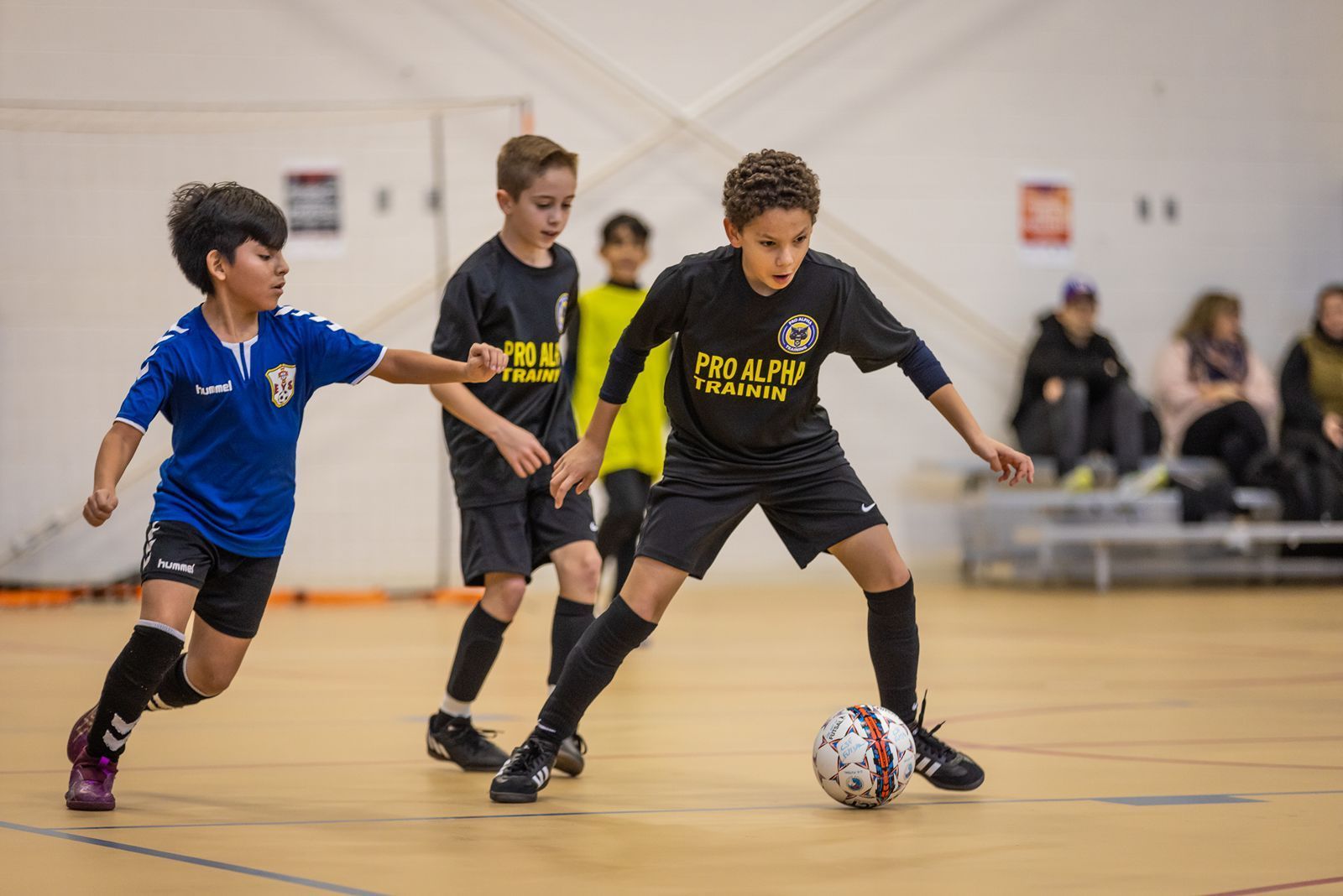The Winter Dilemma: Soccer vs. Futsal
The Winter Dilemma: Soccer vs. Futsal

As winter approaches, youth athletes and their families face a critical decision: stick with traditional soccer or switch to futsal. This seasonal choice has become more complicated as both sports compete for attention and commitment. For years, soccer has dominated the youth sports landscape, but futsal’s rising popularity—especially as a winter alternative—has introduced a fresh challenge to the status quo.
Why the Dilemma?
One of the main factors behind the dilemma is how each sport fits into the winter schedule. Soccer, typically played outdoors, sees a reduction in game time during the colder months, pushing families to seek alternative sports or indoor leagues. Futsal, which is primarily played indoors, offers the perfect solution: fast-paced, small-sided games that keep kids active, engaged, and improving their skills in the offseason.
However, it’s not just about playing time—parents are also considering which sport offers better long-term benefits. Futsal's focus on close ball control, quick decision-making, and fast footwork has led many to believe it develops stronger technical players than traditional soccer, making it an appealing option for off-season training.
The Pressure from Soccer Organizations
Soccer clubs have noticed this shift and, feeling the pressure, have started incorporating futsal into their winter programs. But here's the catch: many of these “futsal programs” are run by soccer coaches with little to no futsal-specific training. Soccer organizations, afraid of losing players to independent futsal clubs, are using futsal as a tool to keep players engaged and generate business during the off-season. Unfortunately, the quality of these programs can vary significantly.
This has led to confusion among families. Some soccer clubs offer futsal as a supplemental option, while others are attempting to integrate it fully. But how can parents and players know if they're getting real futsal training or just a soccer substitute? The concern is that while soccer programs are eager to retain players and revenue, they may not be offering the proper futsal expertise necessary for genuine player development.
Soccer's Fear of Futsal’s Growth
At its core, this winter dilemma is rooted in soccer’s fear of losing ground to futsal. While soccer has traditionally been the go-to sport for young athletes, futsal’s advantages as a skill-building sport are becoming more widely recognized. As more families see futsal’s potential—not only as a supplement to soccer but as a stand-alone sport—soccer organizations are realizing they may be at risk of losing players and, consequently, business dollars.
Futsal’s growth is being viewed as a threat to the soccer industry, with soccer clubs afraid they will lose both the developmental edge and revenue to futsal clubs. To combat this, many soccer clubs have started branding their programs with the futsal name in hopes of attracting new members. However, if these programs are led by coaches who lack futsal-specific knowledge, families might not get the high-quality training they expect.
Making the Decision: What Should Families Consider?
For families, the decision between soccer and futsal this winter isn’t just about staying active—it’s about investing in the right kind of development. Here are a few things to consider:
- Coaching Expertise: Are the futsal programs run by certified futsal coaches, or are they led by soccer coaches with limited futsal experience?
- Skill Development: Which sport will better enhance your child’s technical abilities in the off-season? Futsal tends to focus more on close control and agility, while soccer emphasizes larger team strategies.
- Long-Term Goals: Is futsal just a way to supplement soccer training, or is your child interested in pursuing futsal as its own sport?
The growing tension between soccer and futsal, particularly as winter approaches, means that families are forced to carefully evaluate where to place their time, energy, and financial resources. Soccer’s dominance may be waning, but it’s far from over—what remains clear is that futsal is here to stay, and the competition between these two sports will only intensify in the coming years.
Contributed By: Niko Alexopoulos










